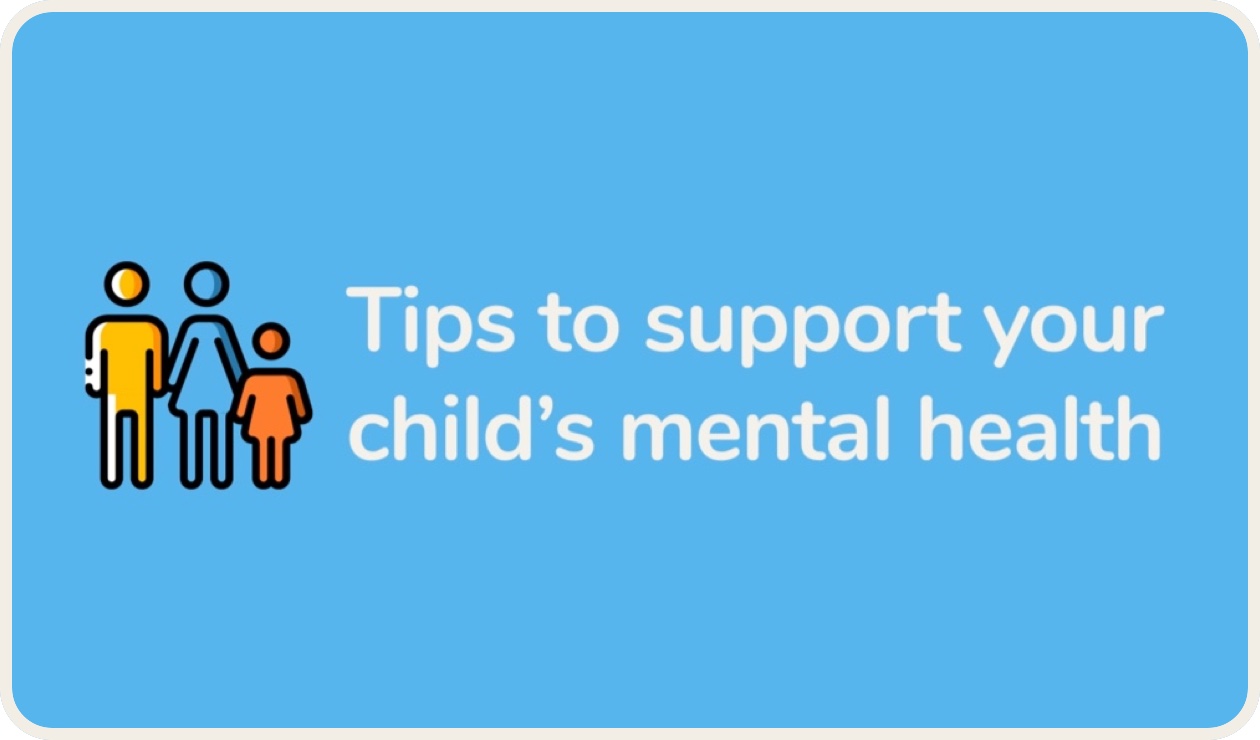How do you ask someone if they’re OK? What do you say when someone tells you they’re depressed? If you can find your words, you can help.


Talk often: discussing mental health with kids
The sooner and more often you talk with your child about mental health, the more comfortable the conversations will be for both of you.
Be open to talking
Show your child that when they experience negative emotions or distress, you’ll be there to listen and to help. Above all else, be present and honest.
Start every discussion in a comfortable, distraction-free space, whether it’s one-on-one at home or on the drive home from school. You don’t need to know everything about mental health and wellness to talk to your child about it, but assure them that you can learn together. Then, remember to:
- Help them find their words. It can be hard for children to express how they’re feeling. Start with open-ended questions to move the conversation along, and let young children use books or pictures to help share their emotions. For older children, suggest writing letters or journaling.
- Share what you’re seeing. Let your child know if you notice signs or symptoms that worry you. Talk about what you’re seeing, and encourage them to share how they’re feeling. Don’t be afraid to ask direct questions, especially if you think they’re considering hurting themselves.
- Show empathy. Mental health issues can cause a range of symptoms, even pain. Acknowledge your child’s feelings. They may find some relief just being able to share their struggles with you.

Always give hope
Remind your child that you’re there for them, and that mental health concerns are common. With proper care and support, many people can and do recover.






